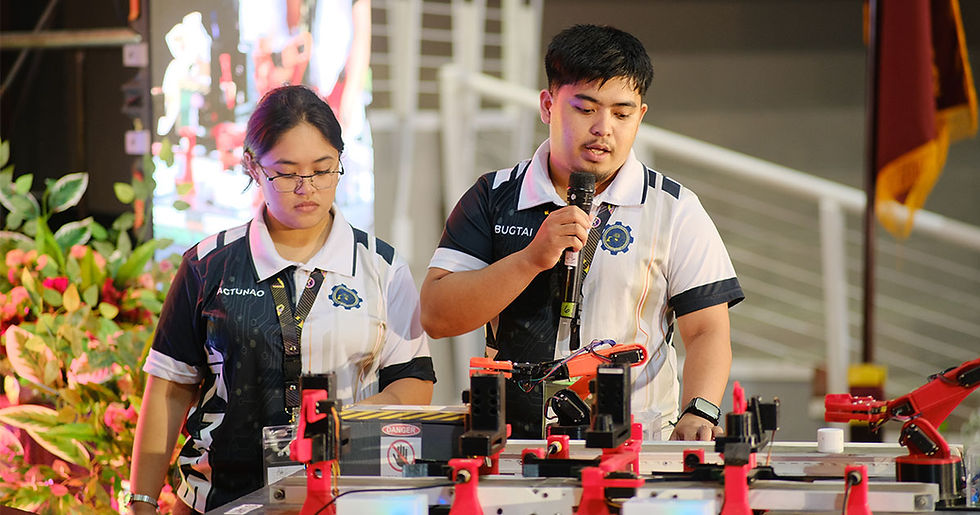New Country Program: Fiji
- Field Ready

- Sep 22, 2018
- 2 min read
We are pleased to announce that Field Ready is now operating in Fiji. Fiji will serve as the hub of our operations in the Pacific Region, with our office based in Suva. According to the World Risk Report, the Pacific region is amongst the most vulnerable to disasters.

We are working with the Australian Humanitarian Partnership (AHP), a five-year AUD $50 million commitment from the Australian Government to support humanitarian efforts through trusted NGO partners.
Our Executive Director, Dr. Eric James, speaks to Field Ready’s eagerness to partake in this initiative, “The Pacific region faces a high risk of hazards such as cyclones and some very significant logistical challenges – with thousands of islands spread out over vast distances. There is significant potential for Field Ready’s innovations in local manufacturing to have a positive impact in preparing for, surviving and responding to these hazards. We are delighted to be part of the consortium being led by World Vision Australia, especially after our very successful and ongoing partnership in response to the Nepal earthquakes of 2015.”
Our program in Fiji is led by Luke Johnson, who has lived in the Pacific Region for over twenty years. With a robust background in disaster and environment management and climate change adaptation, Luke is a great addition to the Field Ready team. Ade Ogunniyi, Technical Advisor in the Pacific has been heavily involved in the maker movement and has a background in STEM education, with her technical know-how Ade and Luke are the perfect pair to kick-off our programs in the region.

There are numerous projects underway, one of the main ones being our latrine project. We are working on developing a latrine to be used in emergencies, as the cement ones used are not practical. We are working on a design that is lightweight and portable for disasters and the other is compostable. We are also working on plastic recycling initiatives, in Vanuatu and Fiji, as well as an early weather warning system.
Some of our partners include Habitat for Humanity, World Vision, UNICEF, and the University of South Pacific and local manufacturers. We are seeking additional partnerships in the region to expand our work.
Given the number of disasters expected in the region, we plan to respond and aid recovery as well as use the country as a hub for responses in surrounding nations.

_edited.png)




Comments